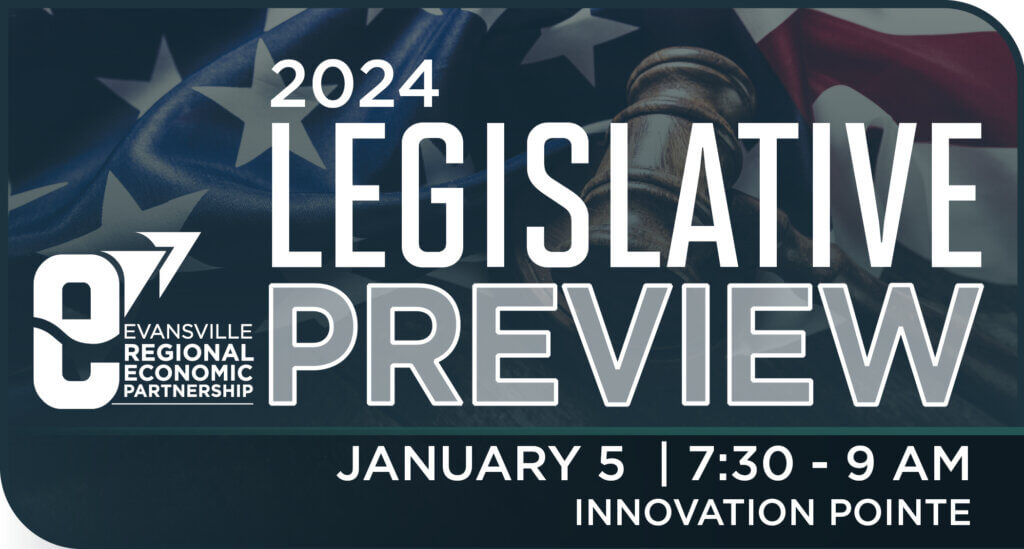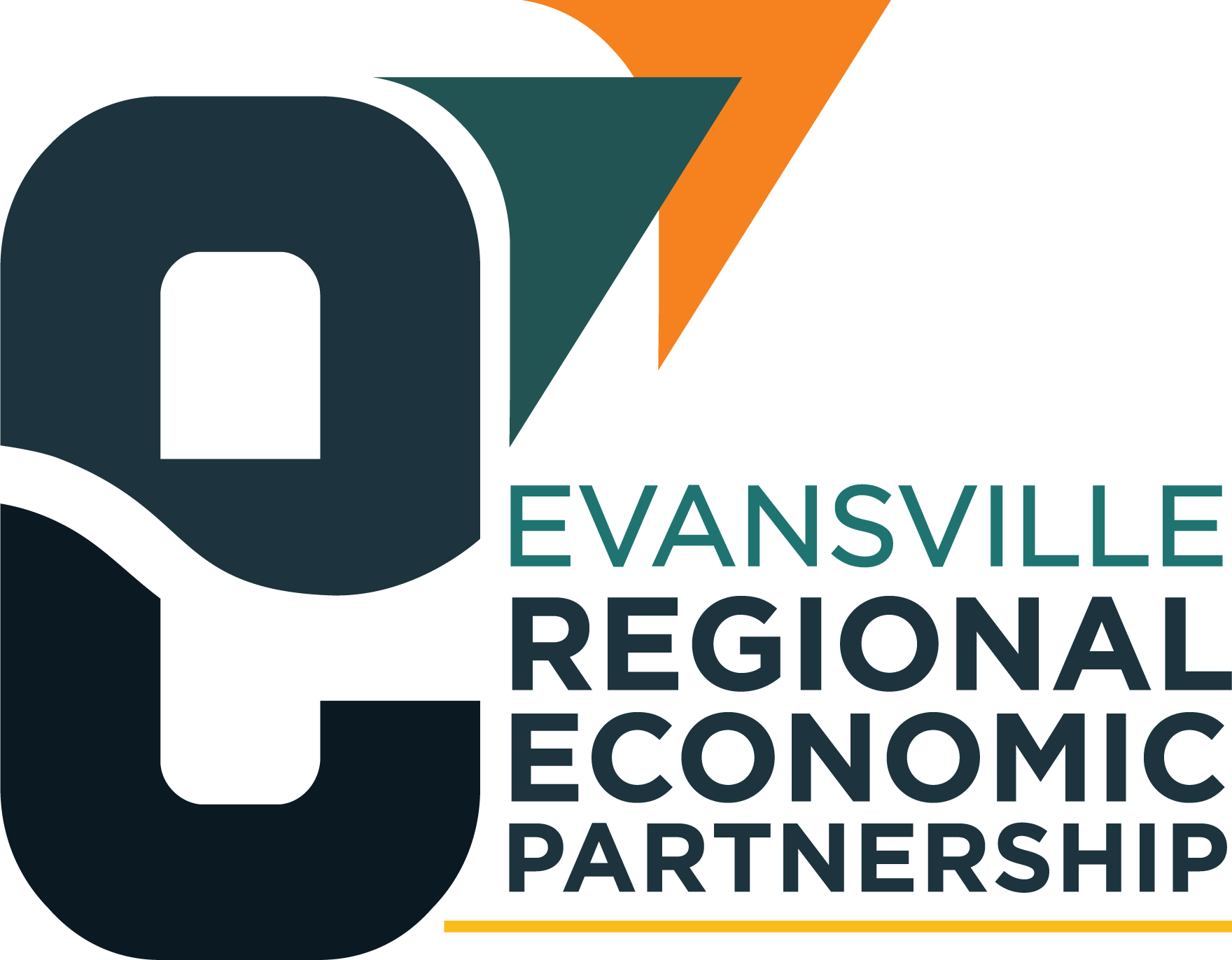
While students and teachers across the country prepare for the end of the semester and a long holiday break, Indiana legislators and special interest groups begin to focus on the issues that will become priorities in the statehouse this January.
This week, the Indiana State Teachers Association (ISTA) called on legislators to “open the budget” in the non-budgetary legislative session that convenes in January. The state’s largest teachers’ union is seeking $500M in the upcoming 2nd year of the biennium for basic tuition support (7.98% increase vs. the 1.6% budgeted increase), increasing the amount dedicated to support the textbook subsidy, create a state grant to augment Education Staff Professionals (ESP’s) wages/benefits; and finally to provide a 2% COLA to Indiana’s TRP and PERF pensions.
This follows statements from Legislators last week indicating a desire to revisit reading proficiency and truancy, but it is unlikely that legislators will open up the budget with significant new funding provisions before the 2025 budget-writing session.
In addition to the funding requests, ISTA’s 2024 agenda includes requests to restore and expand collective bargaining and mandatory discussion items; preserve professional standards for teacher/staff qualifications; develop resources for the recruitment and retainment of educators of color; and provide social emotional learning supports for students and reduce student disciplinary issues.
While the Interim Committee on Education did not meet this past summer, the Interim Study Committee on Fiscal Policy was charged with reviewing higher education costs. After a meeting spent reviewing results of a request regarding higher education cost and debt data, Committee members were less than impressed with what they heard and left the meeting looking to reframe their requests in the future to try to get data that might allow for some comparison and benchmarking.
In other higher education news, state leaders continue to grapple with ways to increase the “college-going rate” after data showed that only half of Indiana’s 2020 HS graduates pursued some form of college education beyond HS. That compares to just 5 years prior when 65% of those HS graduates pursued further education. At an October luncheon, institutional leaders are acknowledging their role in that effort and committed to helping Hoosiers understand the value that comes from continued learning. And, finally, in response to the Supreme Court’s action to overturn race-conscious admissions, US Senator Todd Young (R-Indiana) joined Senator Tim Kaine (D-Virginia) to file a bill in November to take on what he sees as an equal “impediment to fair admissions standards” – the consideration of applicant relationships to alumni and donors, so called “Legacy Admissions.”
